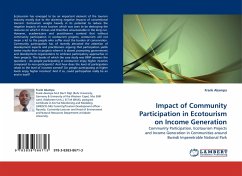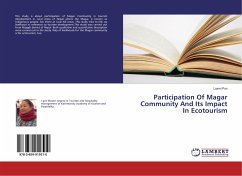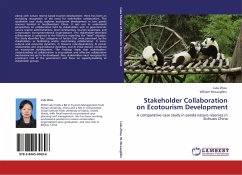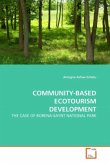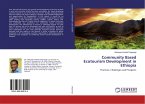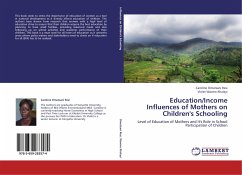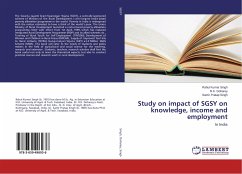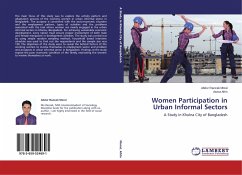Ecotourism has emerged to be an important element of the tourism industry mostly due to the alarming negative impacts of conventional tourism. Ecotourism weighs heavily in its potential to reduce the negative impacts of mass tourism which was seen to be destroying the resource on which it thrives and therefore unsustainable in the long run. However, academicians and practitioners contend that without community participation in ecotourism projects, ecotourism will not mean a lot to the people who suffer most the burden of conservation. Community participation has of recently attracted the attention of development experts and practitioners arguing that participation yields better results than in projects where it is absent prompting governments and development organizations to embrace participatory approaches in their projects. This books of which the case study was BINP answers the questions ; do people participating in ecotourism enjoy higher incomes compared to non-participants?And how does the level of participation relate to the level of incomes earned? Do people participating at higher levels enjoy higher incomes? And if so, could participation really be an end in itself?
Bitte wählen Sie Ihr Anliegen aus.
Rechnungen
Retourenschein anfordern
Bestellstatus
Storno

